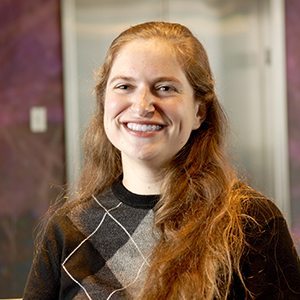Dec 7 - NoonSandy Creek Nature Center, 205 Old Commerce Rd, Athens, GA 30607 Come…

June 8 ST&T: How the Brain Works
June 8, Noon.
Rose Circle Park
June’s ST&T will focus on “How the Brain Works” hosted by Leah Krevitt.
From federal research grants to panicked WebMD searches, we ask a lot of different questions about our brains. How do real-world observations translate into basic neurobiology research agendas–and how do those experimental insights come back to impact our lives? The answers to these questions are as diverse and convoluted as…well, as the neural circuits we’ll use to discuss them.
Leah Krevitt is a wayward neurobiologist who has bet the lives of numerous worms, rats, and mice on the idea that well-designed behavioral experiments can change the world. No matter the model, she has always found herself drawn to the question of how patient self-report informs experimental design–and, more generally, to the question of how advances in scientific communication have changed scientist-nonscientist collaboration. In her free time, she enjoys creating protein expressionist portraits and collecting jokes for her pet project, Humorous Anecdotal Reports of Hard-to-Articulate Research Domain Criteria (HAR-HARDoC).

